Air Quality
Nearly 99% of Eugene’s pollution comes from factories in a single ZIP code, which is also home to the majority of the city's people of color and lower income households.
WHAT WE ARE DOING
Beyond Toxics and a coalition of clean air advocacy groups from around the state share a vision for clean, healthy air in all of Oregon's communities.
According to the EPA’s National Air Toxics Assessment, Oregon has the third largest population at risk of excess cancer due to air pollution. Exposure to air pollution has been linked to premature death, higher prevalence of lung disease, decreased productivity in school and work, lost earnings, and school absences. Low-income people and communities of color are likely to live in areas where pollutants exceed public health standards.
Beyond Toxics has been fighting for clean air in Oregon for two decades. We won health-based air quality laws that also include equity benchmarks. We succeeded by using community organizing, pressuring state legislators and working at every level to adopt the strongest air quality and land use rules and regulations. We took action to force industry to clean up their pollution, we’ve changed bad zoning patterns, we prevented harm to communities from the impacts of industrial pollution and we continue to engage and organize the communities we serve.
PROJECTS
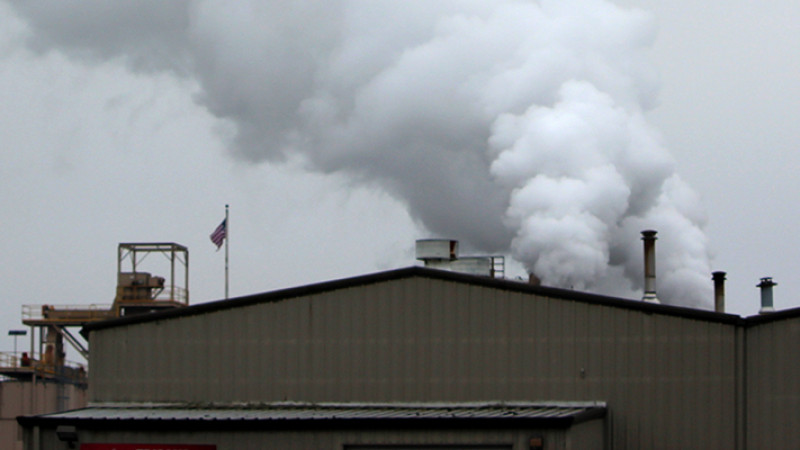
West Eugene Community Health
In West Eugene, 550,000 pounds of toxic emissions were released in 2019. This pollution - emitted in the 97402 zip code area - accounted for 96% of all the emissions released in the City of Eugene that year, and every year. Polluted air in West Eugene persists due to outdated zoning laws, housing built near pollution and weak air regulations.
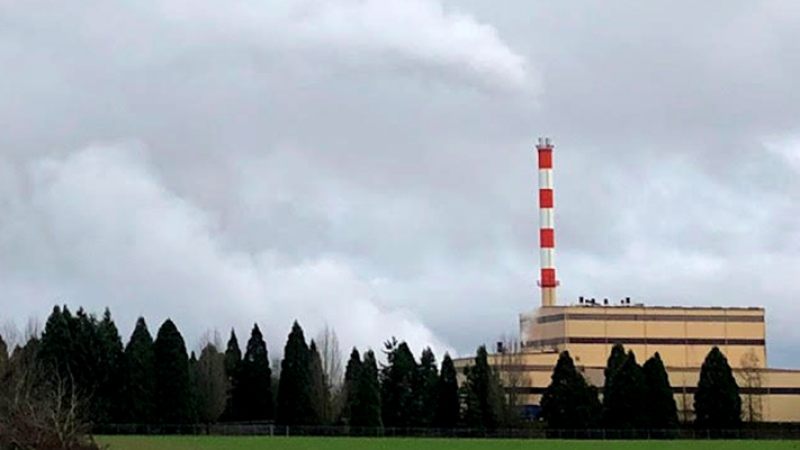
Covanta Marion Waste Incinerator
Covanta is an international corporation with approximately 40 incinerators in other parts of the United States, the United Kingdom, Canada and Europe. The incinerator in Oregon, built in 1986, is one of the oldest, most out-of-date and polluting facilities. It burns an assortment of waste products to produce 13 megawatts of electricity. Covanta is among Oregon’s most dangerous polluters. Beyond Toxics played a crucial role in forcing the closure of this threat to community health.
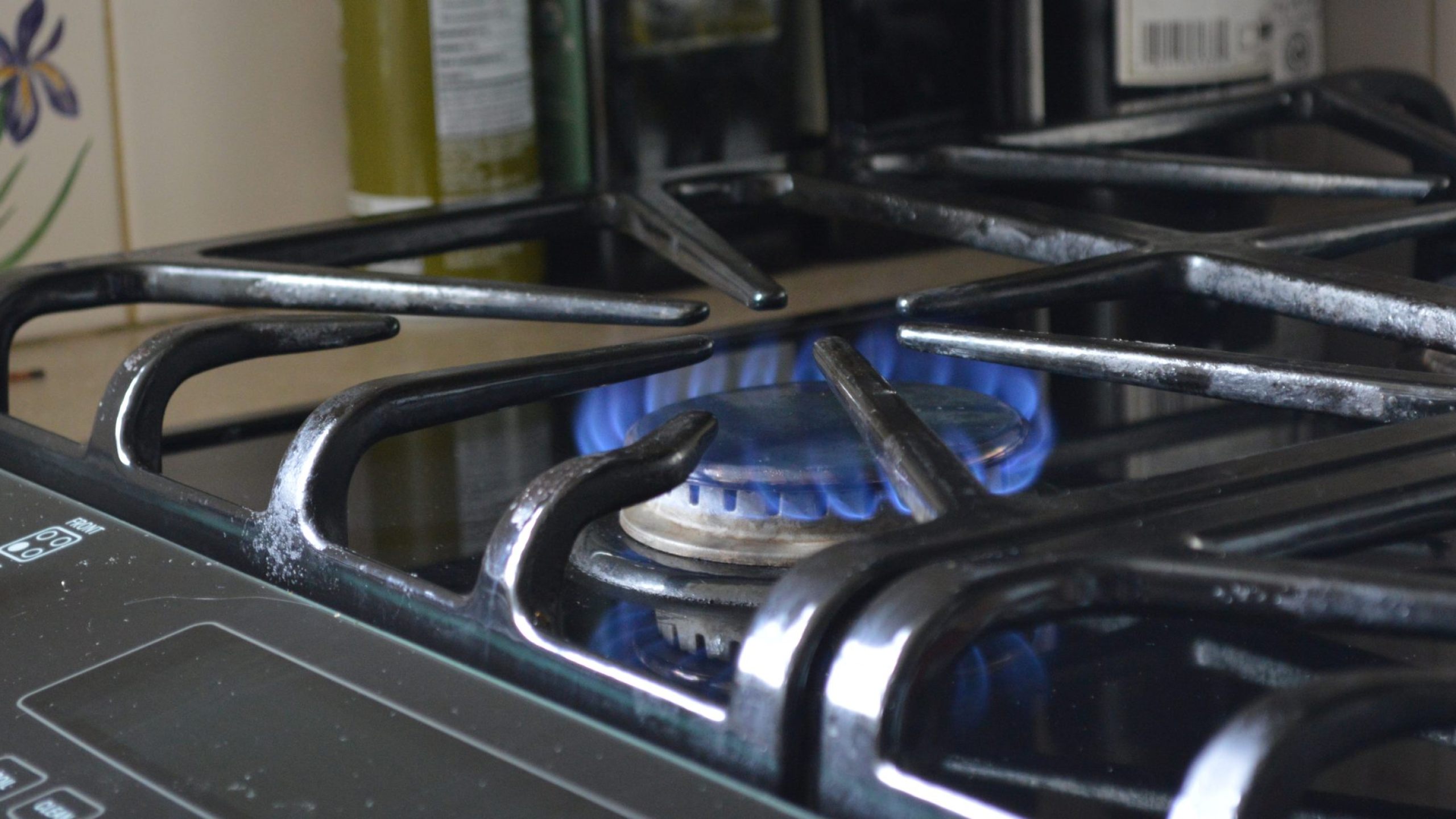
Building a Fossil-Free Future
Families lean over their gas stoves during every cooking activity, thereby exposing themselves to poisonous gasses and pollutants, including nitrogen dioxide, carbon monoxide, particulate matter and volatile organic compounds (VOCs), which are harmful to human health if exposure levels are high. Their faces are only inches away from the highest concentration of gasses, which have been linked to asthma and other health impacts.

Cleaner Air Oregon
Beyond Toxics helped establish this innovative statewide program. We continue to serve as a key stakeholder in the ongoing process of developing stronger air quality laws to protect the lungs of all Oregonians.
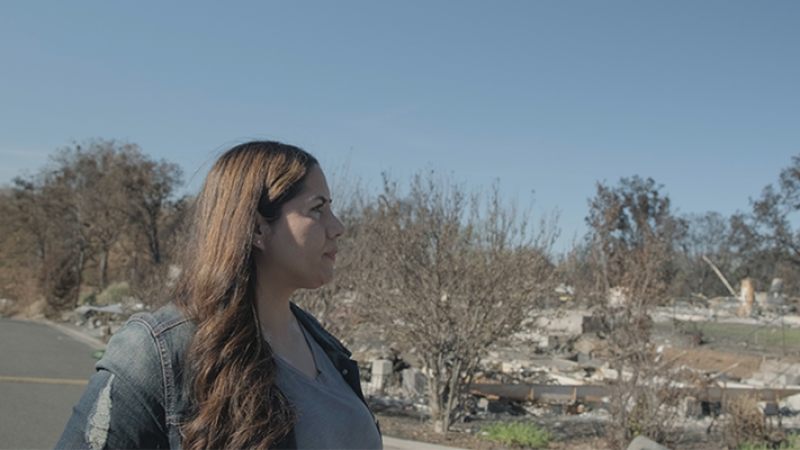
Wild Fire and Air Quality
The September 2020 wild fires in Oregon had an unprecedented impact on many Oregonians, especially those people of color and lower income people who have lived on the disastrous edge of displacement as a result.
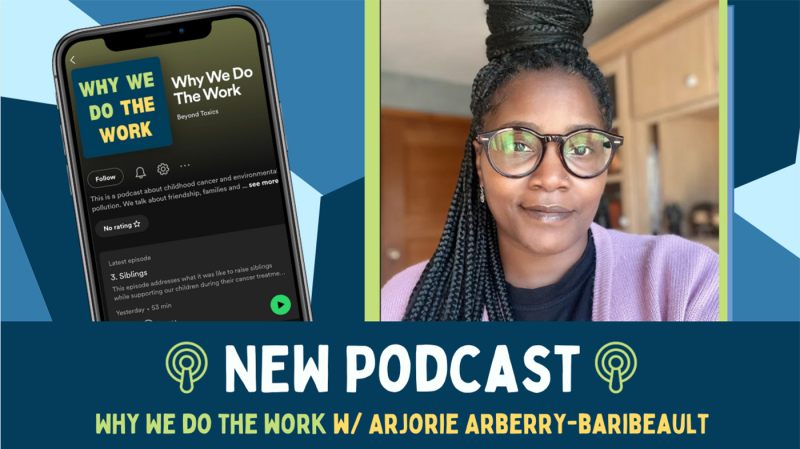
This is a podcast about childhood cancer and environmental pollution. These conversations will include discussion around cancer and the hardships that ensue. Trigger warning: cancer, traumatic experiences. Hosted by Arjorie Arberry-Baribeault, Beyond Toxics' West Eugene Community Organizer. See the full list of episodes.

